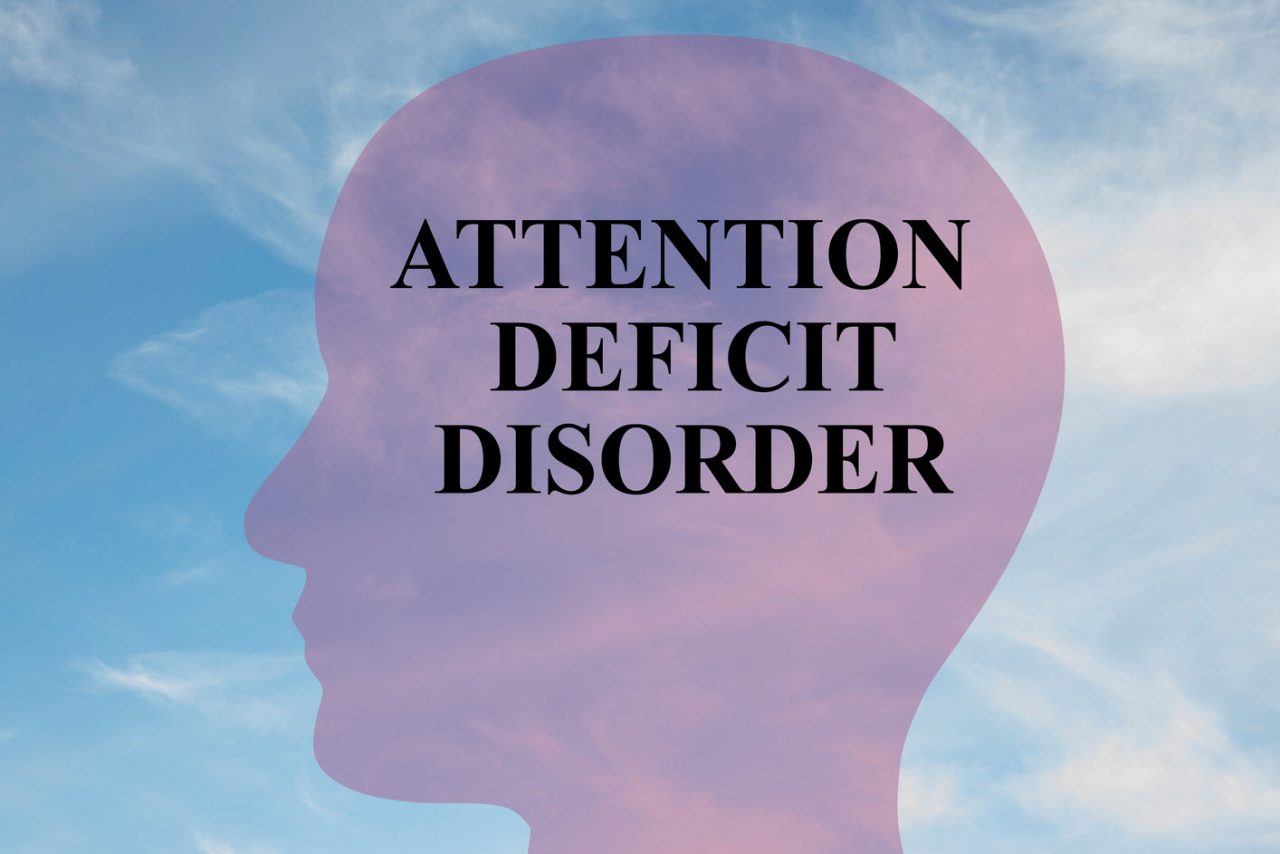While the term Attention Deficit Disorder (ADD) is commonly associated with children, it is also a condition that affects many adults. If you are an adult concerned about the possibility of being affected by ADD, it is recommended you consult your physician. The following is a checklist for when you visit your physician.
Some common risk factors for people with ADD include:
- A lifelong history of attention deficit that begins at early childhood.
- A genetic link of family history.
- Symptoms such as inattention, distractibility, lack of focus, and difficulty in staying on task.
There are different methods to perform the assessment including:
- Using a tool to diagnose attention deficit.
- Getting a clinical evaluation to eliminate other possibilities that cause distractibility and inattention, such as forms of mental illness, depression, stress and hyperthyroidism.
- Assessing for comorbidity: Learning disability, alcohol and chemical dependency, Obsessive Compulsive Disorder (OCD), depression, anxiety, Tourette’s Syndrome and facial tics.
Oftentimes, family members are brought into counseling in order for them to understand the difficulties of the patient and how to deal with their deficit. In adults, attention deficit disorder does not come alone as it is commonly bundled with other mental health issues.
Additionally, the comorbid conditions such as depression or drug abuse may be the most important aspect of the patient’s health that need to be addressed immediately rather than the attention deficit itself. Thus, the attention deficit takes a secondary role and is not the primary difficulty.
When it comes to treatment plans, medication has been the mainstay, and typically works best when coupled with counseling. Although medication is the most common form of treatment, it is a stimulant and not ideal for everyone, including patients with heart disease, who are not candidates for such medication. The medication has to be handled with care and has adverse reactions. Insomnia, loss of appetite, weight loss, headaches, and irritability are all side effects. Side effects can be averted with lowering the dose and careful titration is necessary.
The life of an adult patient with ADD can be eased dramatically with the right treatment. Getting to the right physician who understands the different components of the treatment is essential and can be life changing.



